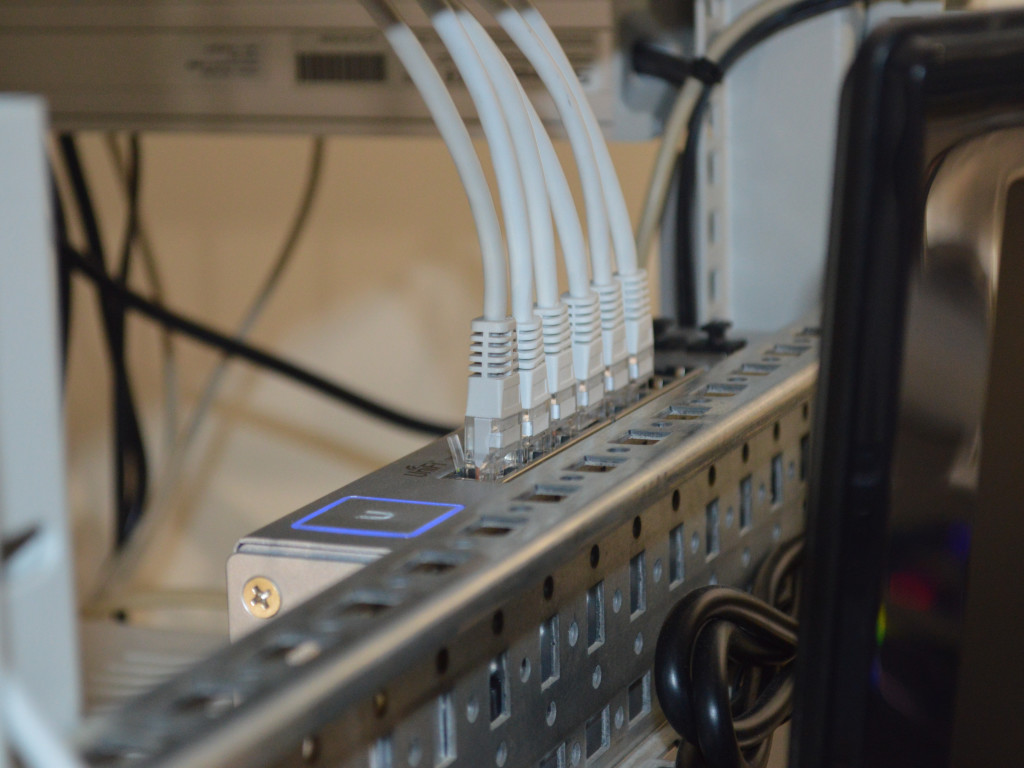Finding Balance—How to Harmonize Your Diet and Fitness Goals
Welcome to the world of healthy living! This isn't about fad diets or grueling workouts but about making simple changes to your everyday life that can have a big impact. Eating well and staying active are two key components of a healthier lifestyle. They're like two sides of the same coin—you can't have one without the other.

In this article, we'll give you practical tips and actionable advice on how to incorporate good nutrition and regular physical activity into your daily routine. So, get started on this journey towards a healthier, happier you!
The Importance of Healthy Eating
Healthy eating is more than just a trend; it's a key component to living a long, vibrant life. The foods we consume significantly affect our overall health and well-being. They are the fuel that keeps our bodies running, supplying essential nutrients that support our bodily functions, growth, and repair.
1. Maintaining a Healthy Weight
A balanced diet, rich in nutrient-dense foods, provides our bodies with necessary vitamins, minerals, and fiber without excess calories. This not only helps maintain a healthy weight but also reduces the risk of obesity-related health issues like heart disease, diabetes, and certain types of cancer.
2. Boosting the Immune System
The right food choices, such as fruits, vegetables, lean proteins, and whole grains, supply our bodies with antioxidants and other immune-boosting compounds. These critical elements help shield our bodies from harmful bacteria, viruses, and other pathogens.
3. Supporting Mental Health
A healthy diet can significantly impact our mental health. Research indicates that specific nutrients found in food, like omega-3 fatty acids, B vitamins, and probiotics, contribute to brain health, thereby affecting our mood and cognitive functions.
4. Improving Energy Levels
Consuming foods rich in complex carbohydrates, protein, and healthy fats translates into sustained energy. This fuel keeps us active and productive throughout the day, highlighting the importance of making informed food choices.
Quick Tricks for Healthy Eating
Eating well doesn't have to be complicated. Here are some simple and effective tips to help you make healthier food choices:
1. Plan your meals.
Meal planning can prevent last-minute unhealthy food choices. Try to include a variety of nutrient-dense foods in your plan, such as fruits, vegetables, lean proteins, and whole grains.
2. Practice mindful eating.
Attune yourself to your body's signals of hunger and fullness. Begin eating when you feel hungry and cease when you feel content. This approach aids in preventing both overeating and under-eating.
3. Stay hydrated.
Hydration is vital for numerous bodily processes. Consuming at least eight glasses of water daily is recommended, with an increased intake if you're physically active or residing in a warm climate.
4. Limit processed foods.
These often contain high levels of sugar, salt, and unhealthy fats. Opt for fresh, whole foods whenever possible.
5. Eat a rainbow.
Incorporating diverse fruit and vegetable colors into your diet is essential for obtaining a broad spectrum of nutrients. Each color in fruits and vegetables signifies unique nutritional benefits, so aim to include a rainbow of produce in your meals to maximize your nutrient intake.
6. Do portion control.
Awareness of portion sizes is crucial, as consuming too much of healthy foods can lead to weight gain. Practice portion control to ensure you're not overindulging in calories, regardless of the healthiness of the food.
7. Read food labels.
Learning to read food labels is key to making more health-conscious decisions. Opt for foods with lower levels of saturated fats, trans fats, cholesterol, sodium, and added sugars to maintain a healthier diet.
The Role of Physical Activity in Health
Regular physical activity is another essential part of a healthy lifestyle, complementing the benefits of a balanced diet. Here are some of the key ways that exercise contributes to our overall health:
1. Weight Management
Regular exercise can help burn calories, aiding in weight loss or maintenance. It helps balance the number of calories consumed with the calories burned.
2. Heart Health
Physical activity strengthens the heart and improves circulation, reducing the risk of cardiovascular diseases like high blood pressure, heart attack, and stroke.
3. Bone and Muscle Health
Weight-bearing exercises such as weightlifting, walking, or running can improve bone density and help prevent osteoporosis. Regular exercise also builds muscle strength and flexibility, reducing the risk of injury.
4. Mental Health Benefits
Exercise releases endorphins, often termed 'feel-good' hormones, which can uplift mood and combat conditions like depression and anxiety. It can also improve sleep quality, reduce stress, and boost self-esteem.
5. Improved Energy Levels
Regular physical activity can enhance stamina by training your body to use energy more efficiently. Over time, your body adapts to increased activity levels, making you feel more energized throughout the day.
6. Longevity
Studies have shown that regular exercise can contribute to a longer lifespan by reducing the risk of chronic diseases.
Ways to Sneak More Activity Into Your Day
Maintaining an active lifestyle can seem daunting, but with a few simple strategies, it's easier than you might think. Here are some tips to help you stay active:
1. Set realistic goals.
Start with small, achievable goals. It could be as simple as taking a 10-minute walk each day and gradually increasing the duration and intensity.
2. Find activities you enjoy.
You're more likely to stick with an exercise routine if you enjoy what you're doing. Try different activities like swimming, dancing, biking, or yoga to find what you love.
3. Schedule your workouts.
Treat your workouts like important appointments. Schedule them into your day to ensure you make time for them.
4. Stay consistent.
Consistency is key when it comes to physical activity. Make it a part of your daily routine, even if you can only spare a few minutes some days.
5. Mix it up.
Vary your exercises to keep things interesting and to work different muscle groups. Mix cardio, strength training, and flexibility exercises.
6. Get a workout buddy.
Having a friend to exercise with can make your workouts more enjoyable and can provide motivation and accountability.
7. Listen to your body.
Rest is important, too. If you're tired, permit yourself to take a day off. Overexerting yourself can lead to injuries.
5. Stay hydrated and eat well.
Proper nutrition and hydration are crucial for energy during workouts and recovery afterward.
6. Use technology.
Fitness apps, online workout classes, and wearable technology can help track your progress and motivate you.
Balancing Healthy Eating and Physical Activity
Balancing healthy eating and physical activity is crucial for maintaining optimal health. Here are some key considerations:
1. Variety is Key
Consuming a variety of foods ensures that your body gets all the necessary nutrients it needs to function correctly. Different foods offer different benefits, so aim to include a range of fruits, vegetables, lean proteins, and whole grains in your diet.
2. Regular Exercise
Regular physical activity helps balance the calories you consume and promotes overall health. Exercise doesn't have to be strenuous; even light activities like walking or cycling can have significant benefits.
3. Making Informed Choices
Not all calories are created equal. Opt for nutrient-dense foods over empty-calorie foods. For example, choose a piece of fruit over a sugary snack.
4. Family Perspective
Teach your family about the importance of balanced eating and regular exercise. Keep healthy options readily available at home, such as a bowl of fruit on the table.
5. It's All About Balance
Remember, it's okay to enjoy your favorite comfort foods occasionally. The goal is to make healthier choices most of the time.
6. Types of Exercise
Incorporate all four types of exercise, endurance, strength, balance, and flexibility, into your routine for a comprehensive fitness plan.
Small Steps to Big Gains
Embracing a lifestyle that combines healthy eating and regular physical activity is one of the most effective ways to improve overall health. The journey is not always easy, but it's entirely achievable with the right tips and a commitment to consistency. Remember, small changes can make a big difference over time. Start with manageable goals, find activities and foods you enjoy, and remember—it's about progress, not perfection. Here's to your journey towards a healthier, more active life!







